Will a chemical peel make my face look red and feel very sore?
Superficial chemical peels are a popular choice for those seeking a non-invasive way to rejuvenate their skin. However, many people are hesitant to try these treatments because they fear they will leave their face too red and sore. In this blog post, we will explain why a superficial peel won't make your face too red and sore.
First, it's important to understand what a superficial peel is and how it works.
A superficial peel is a type of chemical peel that uses a mild acid, such as alpha-hydroxy acid (AHA) or beta-hydroxy acid (BHA), to exfoliate the outermost layer of the skin. These peels are typically very gentle and can be performed in a spa or clinic setting without the need for anaesthesia.
How it works:
The reason why a superficial peel won't leave your face too red and sore is that it only affects the outermost layer of the skin, known as the stratum corneum. This layer of skin is made up of dead skin cells that are ready to shed, so the peel only removes what is already prepared to come off. This means that the peel won't penetrate deep enough to cause significant inflammation or damage to the skin.
Are you sure I won’t have to hide my face for a week?
The acid used in a superficial peel is typically very mild. AHAs, such as glycolic acid, are water-soluble and work on the surface of the skin, while BHAs, such as salicylic acid, are oil-soluble and can penetrate deeper into the pores. These acids are designed to be gentle enough to use on a regular basis, which means they won't leave your skin feeling too red or sore. However multiple treatments can significantly improve the appearance of the skin.
What else should I consider?
- Make sure you follow any pre-treatment and post-treatment advice to minimise downtime, such as stopping certain skincare actives up to 7 days before and after the peel (usually applies to exfoliants and retinoids). This is to prevent the peel from going too deep.
- Consider scheduling the peel at a suitable time i.e. not a day before an important social event. This should reduce any stress in case you do get some side effects which are usually minimal after a superficial peel.
- A course of 3-6 treatments every 2-3 weeks works great as “pre- wedding skincare prep”. On a personal note I have loved using peels to improve my skin quality and texture post pregnancy. It has accelerated my skin’s recovery.
- If you have sensitive or very dry skin then some peels are not appropriate for your skin.
- For more information on which skincare conditions a chemical peel can help to improve, see our last blog on chemical peels.
- If you are allergic to Aspirin then you can't have a peel containing salicylic acid.
Superficial peel like Obagi blue peel radiance is a safe and effective way to rejuvenate your skin without leaving your face too red or sore. By only targeting the outermost layer of the skin with a mild acid, these peels can provide a gentle exfoliation and leave your skin looking refreshed and radiant. If you're considering a chemical peel, book a consultation with Dr Kaur at our Harborne clinic in Birmingham.
At My Cosmetic Doctor based in Harborne, Birmingham, in-depth skin consultation with Dr Kaur are £50. She works with your budget and lifestyle when it comes to designing a bespoke treatment plan. If you want to spend more on in-clinic treatments for example, like chemical peels and profhilo, she can recommend more affordable skincare products to get you started on an effective regime that will complement any in-clinic treatments.
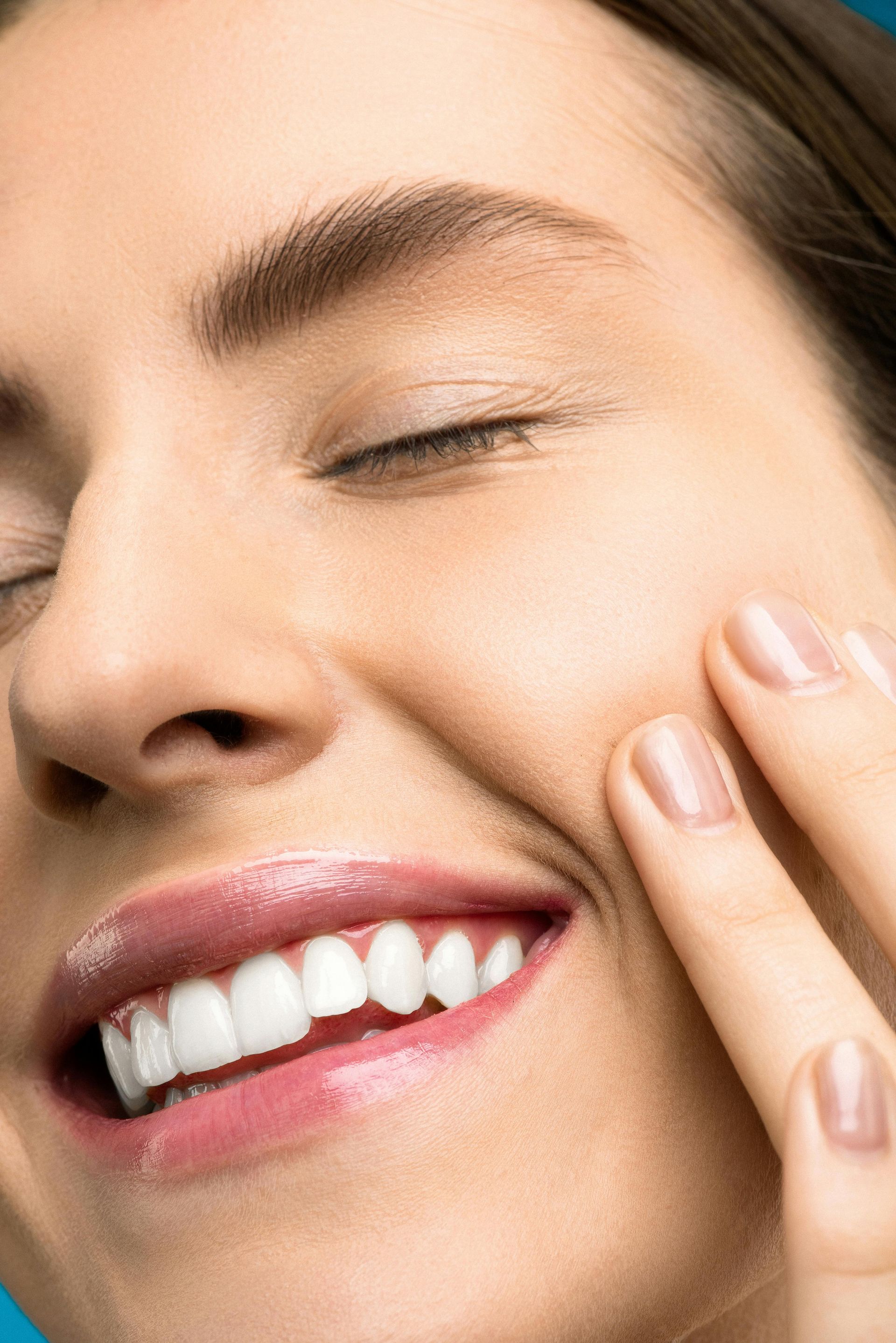


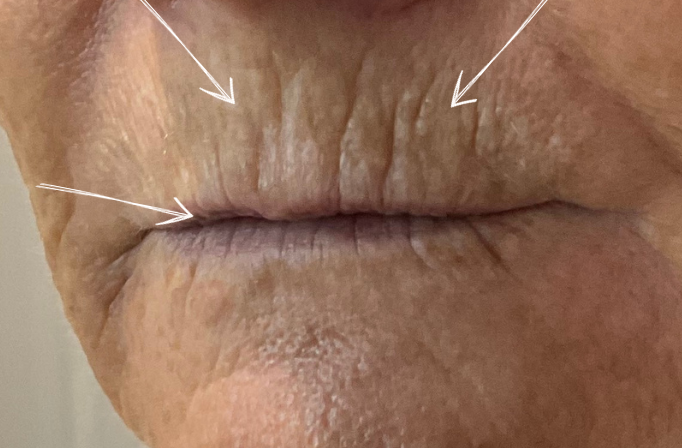
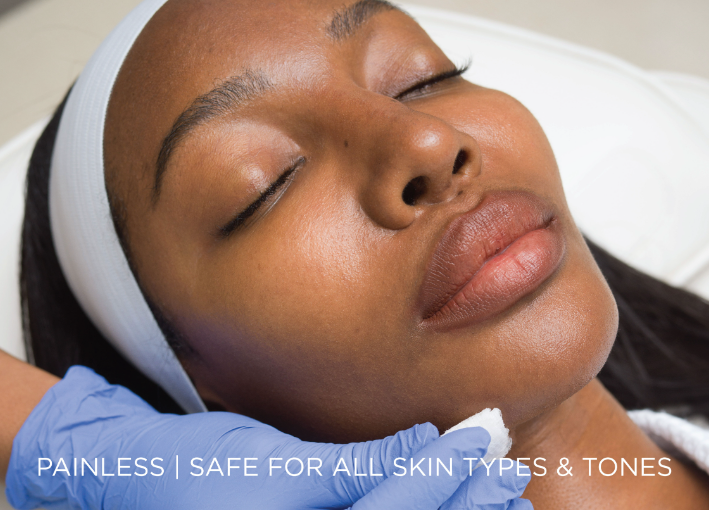
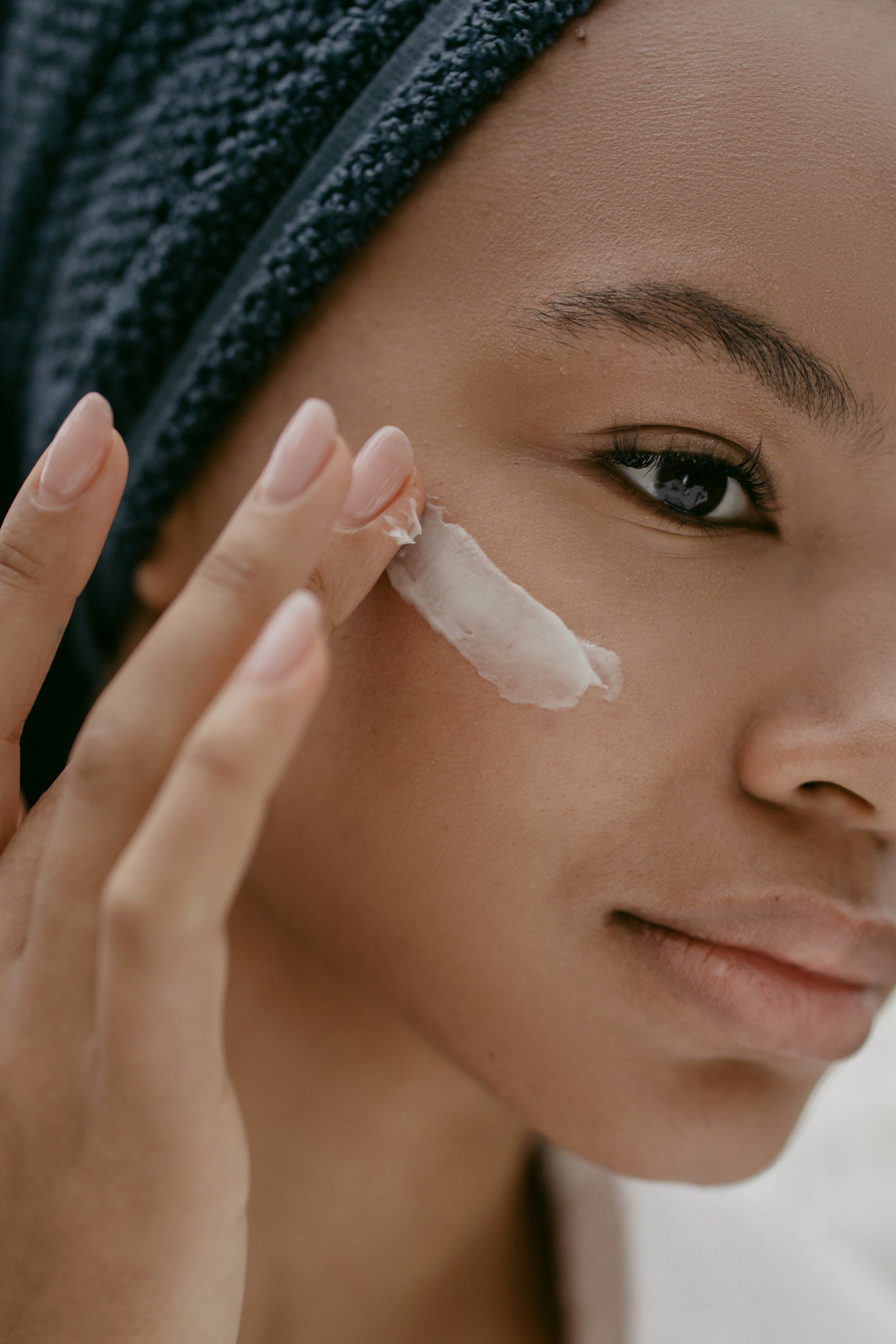
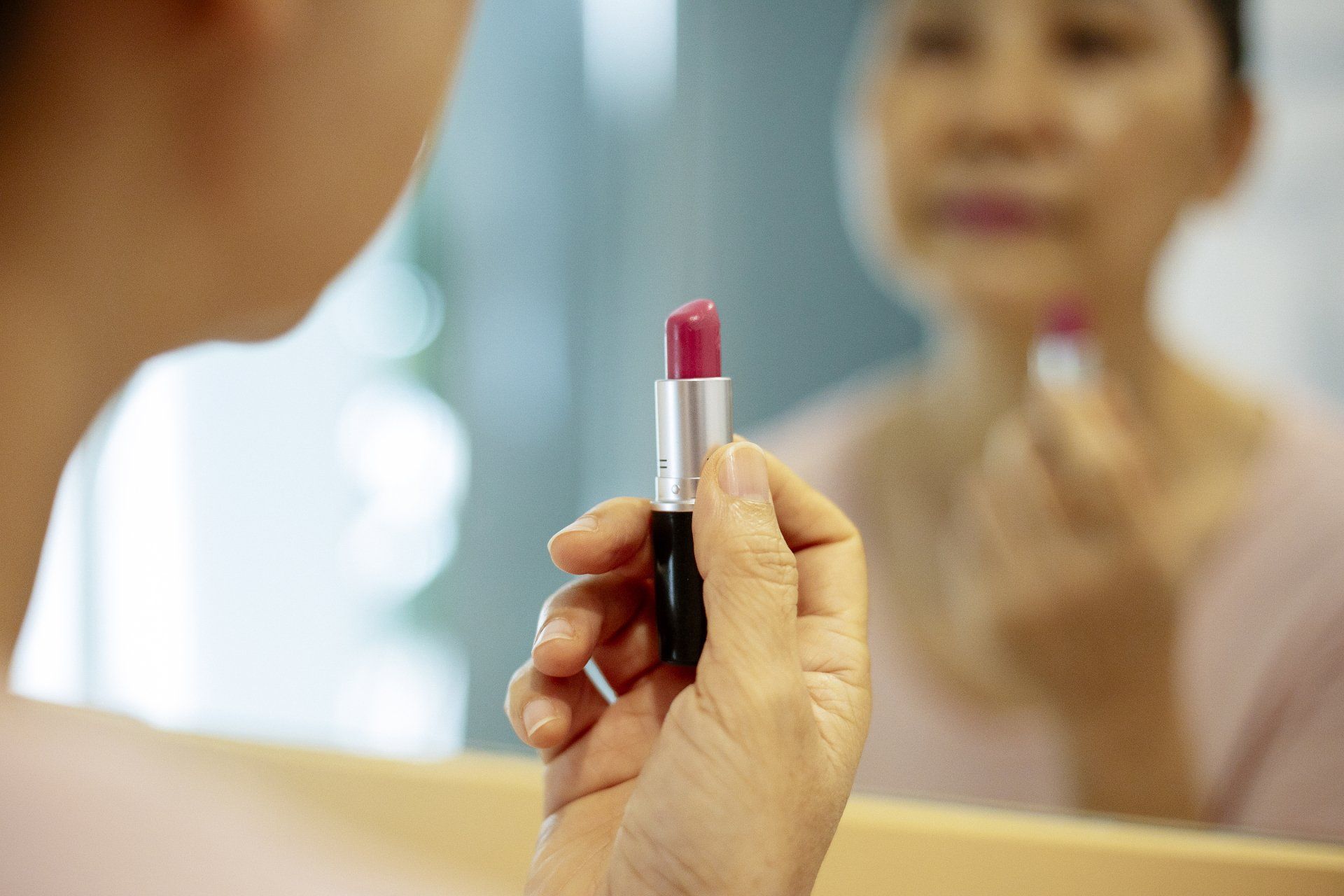
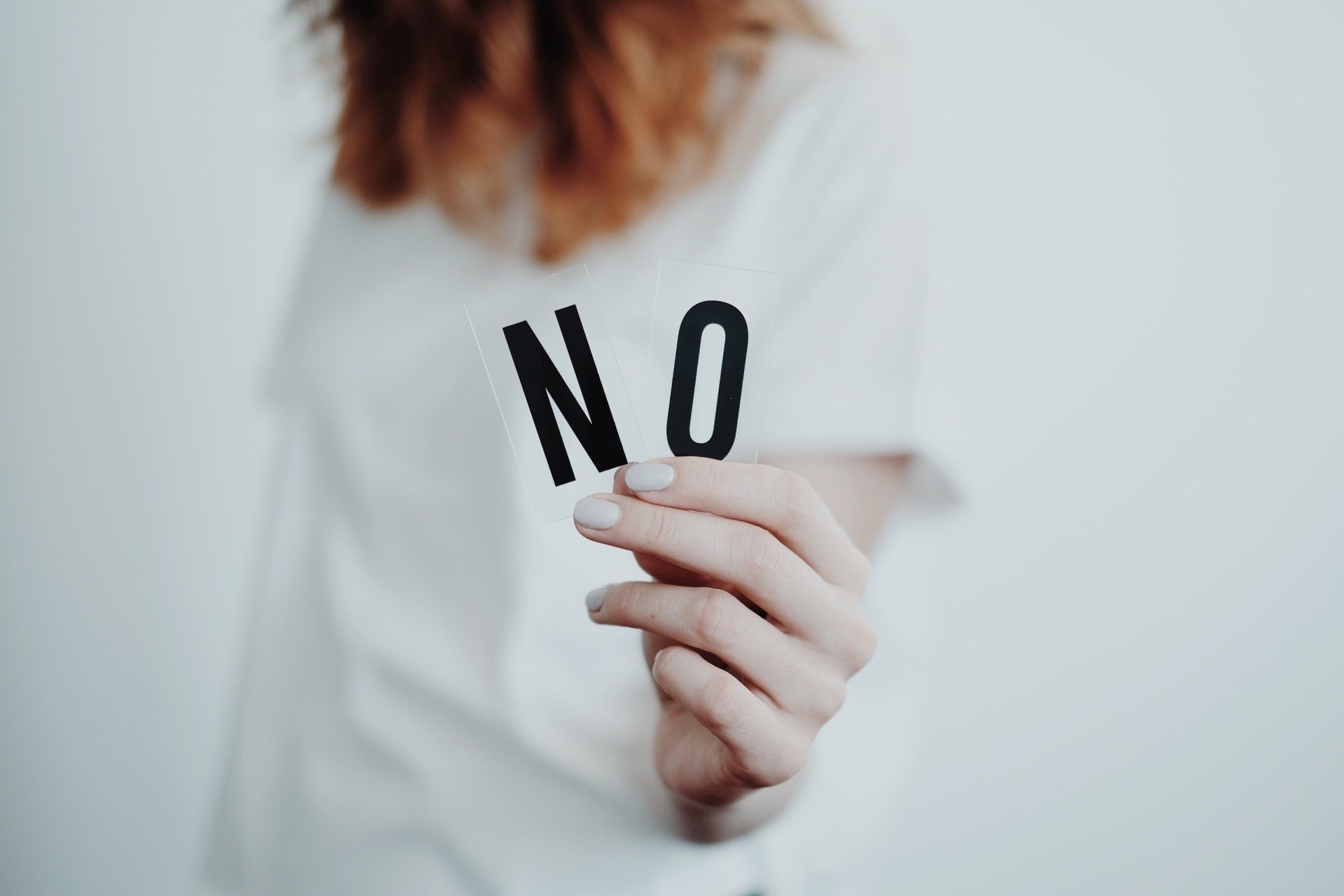

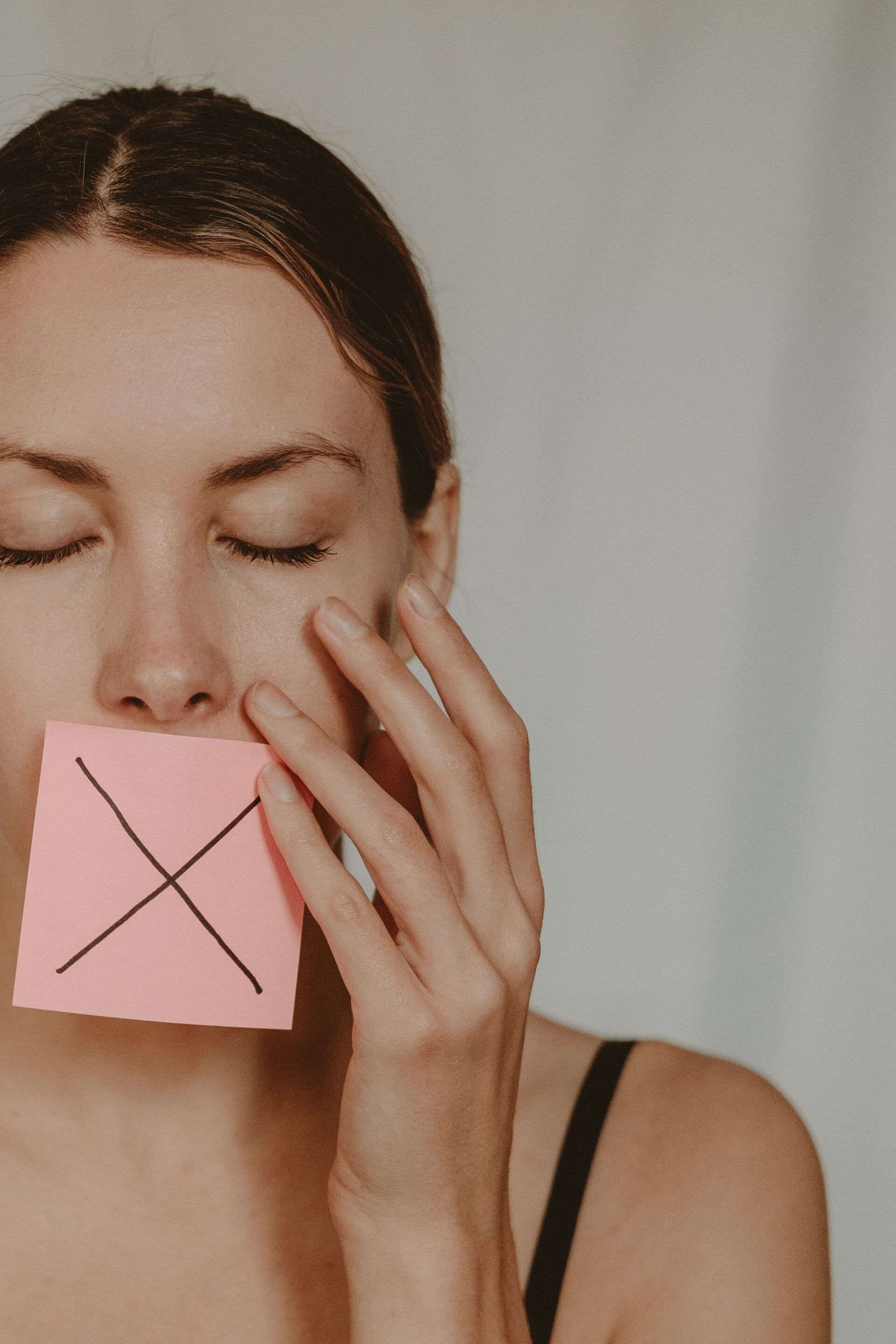
mycosmeticdr@gmail.com
Utopia, 75 Vivian Road,Harborne, Birmingham, B17 0DT
Sign up to our monthly newsletter
Newsletter Signup
We will get back to you as soon as possible.
Please try again later.
Website designed and built by Web Phizix
